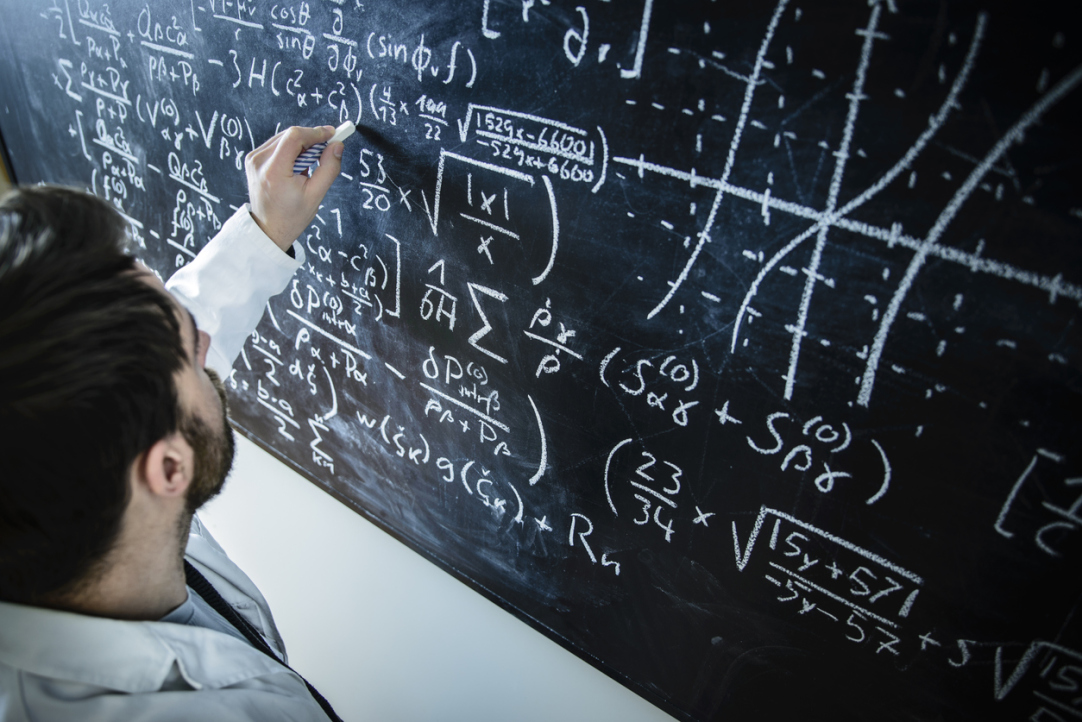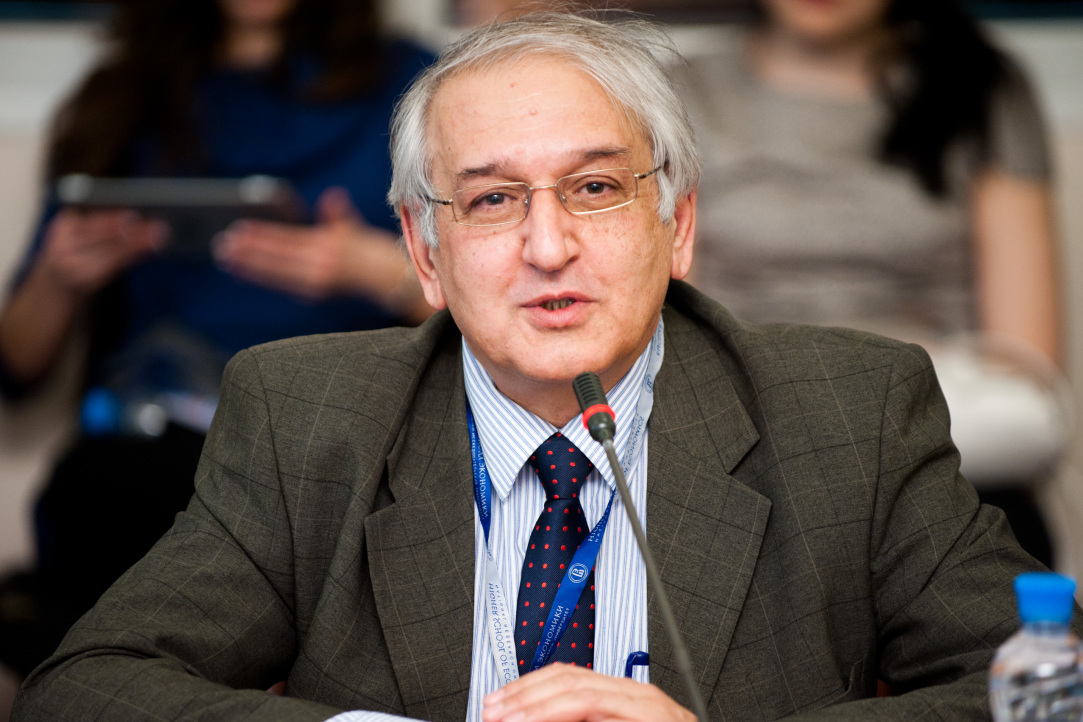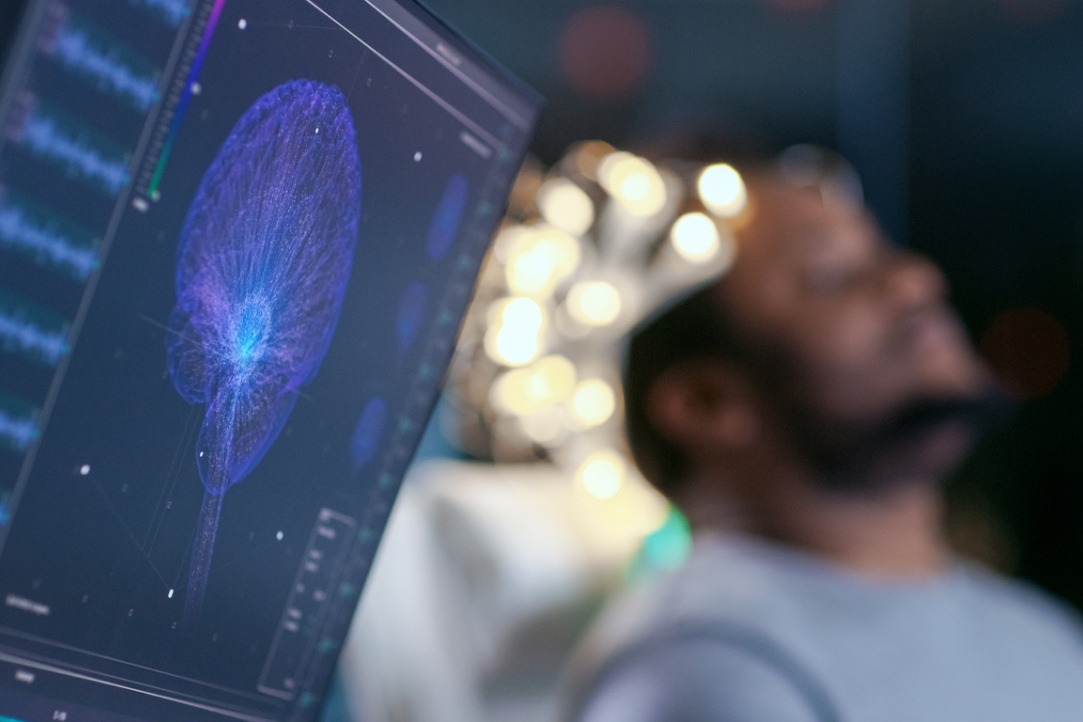
‘Boundaries of History’ Seminar Starts New Season of Meetings
On September 30, Stephen Riegg, Assistant Professor of History of the Texas A&M University, presented his book Russia’s Entangled Embrace: The Tsarist Empire and the Armenians, 1801-1914 at the first seminar of this year’s Boundaries of History series.We spoke with Professor Alexander Semyonov, the seminar chair and the Director of the HSE Centre for Historical Research, about the goals of the seminar and to Stephen Riegg about his research.

‘Students Should Read Dostoevsky or Tolstoy Because They Help Readers See beyond the Noise of Our Present’
On September 23, the HSE School of Philological Studies launched the third season of its international academic workshop on ‘The 19th-Century Russian Novel: Corpus, Poetics, Social Imaginary’. We talked to Alexey Vdovin, Associate Professor at the School of Philological Studies, about the workshop’s plans and international cooperation, as well as to Ani Kokobobo, Chair of the Department of Slavic and Eurasian Languages and Literatures at the University of Kansas, who opened this year’s workshop with her report ‘Strange Bedfellows – Leo Tolstoy and Andrea Dworkin’.

Long-Term Care Systems: How to Help the Ageing Population
The number of people in need of long-term care will grow globally due to an ageing population. Russia is no exception. This is why the state is facing the task of creating an effective system of care for people who need it. At a workshop at HSE University, experts discussed how to model such systems and forecast their load.

HSE University Researchers to Speak at the International Congress of Mathematicians
The speakers of the International Congress of Mathematicians, a key global mathematics event held every four years by the International Mathematical Union, have been announced. The next ICM will take place in St. Petersburg, Russia, in July 2022. Five researchers from the HSE Faculty of Mathematics will present their papers at the congress.

‘I Always Look for Tasks That Involve the Creation of New Models’
The Finnish Academy of Science and Letters held a ceremonial meeting on September 13 at which it named HSE professor Fuad Aleskerov a foreign member. Aleskerov is a professor of the HSE Faculty of Economic Sciences, head of the Department of Mathematics and director of the International Centre of Decision Choice and Analysis. The list of the Academy’s foreign members began with mathematician Mstislav Keldysh, and in the 20 years since, only two more scientists have joined those ranks. In this interview, Fuad Aleskerov explains why he became a scientist, what his scientific interests are and what a mathematical model and a yellow dandelion have in common.

Towards Finding Practical Solutions to Socially Significant Healthcare Problems
The Centre for Language and Brain in Nizhny Novgorod started operations in September 2020. Today, it is comprised of a team of linguists - teachers and students - who are researching the relations between speech and parts of the brain. The Director of the Centre, Natalya E. Gronskaya, spoke to the HSE Look about how the neuro-linguistic laboratory appeared in Nizhny Novgorod, as well as current tasks and prospects the Centre can offer the students and the region.

Global Innovation Index 2021 Unveiled
Russia has improved its position in the Global Innovation Index (GII) 2021, ranking 45th among 132 economies and closing the distance to leading countries thanks to better performance in all areas of research, innovation, and creative activities. For the past several years, the Institute for Statistical Studies and Economics of Knowledge (ISSEK) at HSE University has provided advice on the research underlying the index. This year, ISSEK became one of the nine members of the GII Academic Partners Network.

Why Badly Trained AI Is a Bigger Threat Than a Robot Uprising
At the present level of AI development, humanity doesn’t have to worry about a machine uprising just yet. However, the use of improperly trained AIs in important fields and attempts to use it to exercise control over people’s lives may pose a real threat in the near future. This was the topic of a seminar on ‘The Unexpected Threats of AI’ recently hosted by the HSE University Laboratory of Transcendental Philosophy.

Competition to Launch Experimental Research Laboratories Remains Open Until September 30
The competition is open to research projects in the fields of biophotonics and ageing (biology, physiology, biomedicine, biostatistics, and bioinformatics). The competition is aimed at creating, supporting, and developing science and international-level schools at HSE University. The university is also working to develop modern infrastructure for its natural sciences cluster as part of its active involvement in global research.

Champagne and Unsanitary Conditions: Trade in Siberia 150 Years Ago
The increasing application of law in various spheres of life in the Russian empire promoted trade regulation and influenced everyday trade practices—even in remote regions. Tradespeople, in turn, tried to limit the application of new regulations while using laws to serve their own interests. HSE University has hosted a seminar on trade in Siberia in the second half of the 19th and early 20th centuries.

